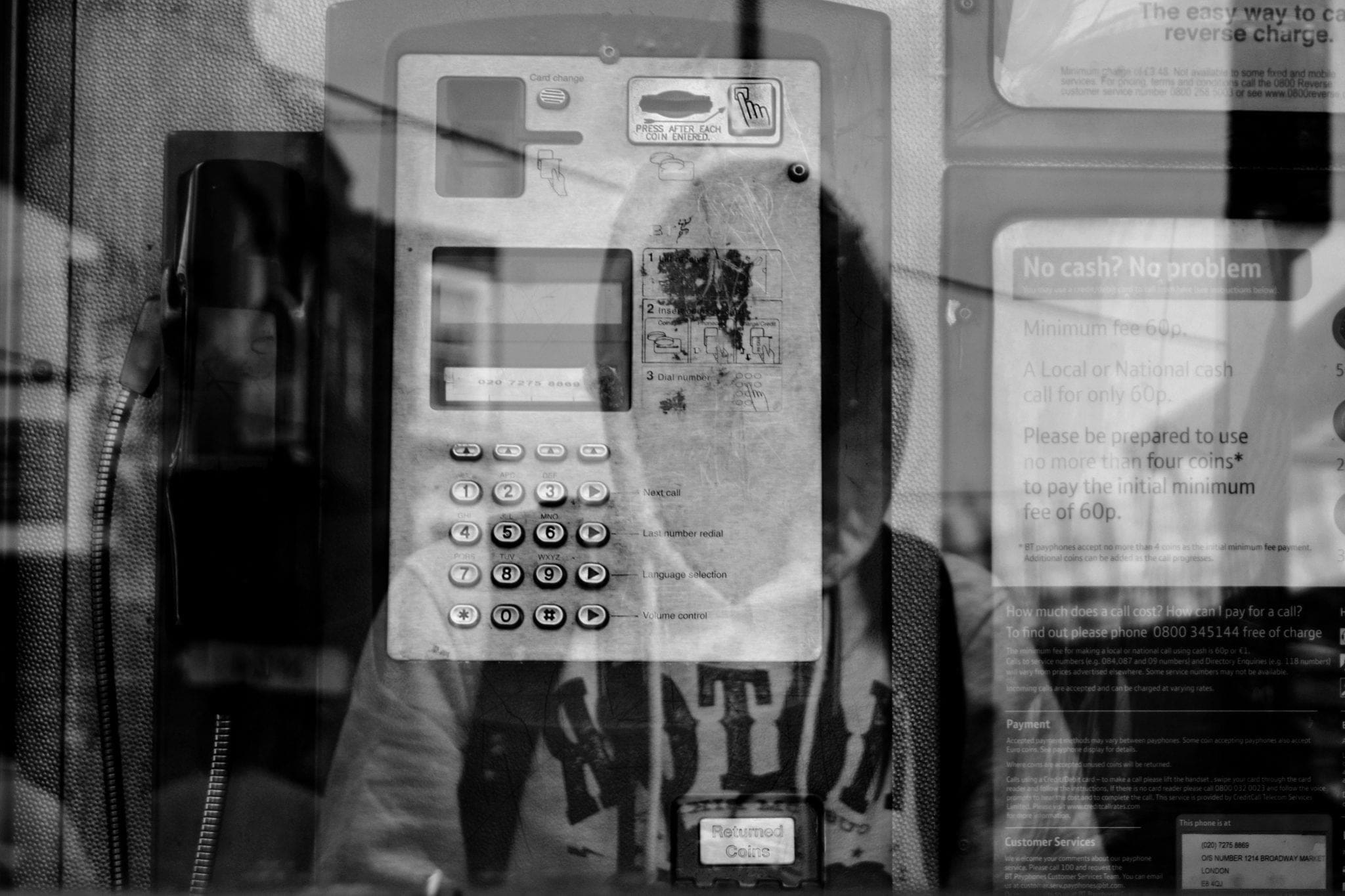“Guard your identity as you would any other valuable asset.”
As you may be aware, identity theft is a growing problem that’s affecting more and more people every day. Identity theft occurs when a thief uses personal information like your name, Social Security number, or credit card number to commit fraud or other crimes. According to FTC estimates, as many as 9 million Americans have their identities stolen each year.
Identity crime can take many forms and thieves can be very ingenious when attempting to steal your information. Identity thieves may use your credit history to rent an apartment, obtain a credit card, or establish loans in your name. Many Americans do not find out about the theft until they review their credit reports, or a credit card statement. Worse, some don’t find out until they’re contacted by debt collectors.
You can be assured that the financial services industry takes this offense very seriously and goes to great lengths at all levels to guard against fraud. Strict regulatory standards are in place to protect the personal financial information of investors like you from falling into the wrong hands. Even so, with the costly crime of identity theft on the upswing across the U.S., it pays to take some simple precautions to reduce thieves’ access to your personal data.
- Don’t give out your Social Security number unnecessarily. When you are asked for it, question whether it is truly necessary.
- Don’t carry extra credit cards or checks in your purse or wallet.
- Instead of signing the back of credit or debit cards, write “Check ID.” While most clerks do not check signatures, it will make it more difficult for thieves to use your cards.
- Limit the information on your checks. While it may be convenient to print your driver’s license or Social Security number to save time, this makes it easier for thieves to steal your information.
- Ignore all unsolicited phone calls, mail and emails seeking pertinent personal data like your bank or brokerage account information, passwords or PINs. These are typically scams. Your financial providers will NEVER call asking for personal information.
- Shred any information that a thief could use to establish an identity in your name. The Better Business Bureau estimates that only 12% of identity theft occurs online; most ID theft happens in the trash. For more information on when to shred documents, go to www.bbb.org/.
- Check your account statements each month for unauthorized withdrawals or account activity. In order to qualify for fraud protection, you must report fraudulent activity quickly.
- Carefully analyze your credit report for errors each year. You are able to get your credit reports once per year for free. For more information, go online to www.annualcreditreport.com or call toll-free 877-322-8228.
What to do if your identity is compromised
When it happens, identity theft can be a nightmare. While some identity theft victims can resolve their problems quickly, others spend hundreds of dollars and many days repairing damage to their good name and credit record. If you are the victim of identity theft, there are three steps you should take immediately.
- Place a fraud report with the three major credit agencies.
-
- TransUnion: 1-800-680-7289;
- Equifax: 1-800-525-6285;
- Experian: 1-888-EXPERIAN (397-3742);
- Freeze or close the accounts that you believe were tampered with or opened fraudulently.
- File a police report to provide law enforcement with the specific details of the crime and begin the resolution process with financial services companies.
For more suggestions on preventing identity theft, visit the U.S. Federal Trade Commission’s (FTC) website at www.consumer.gov/idtheft.
I hope you find this information helpful. Feel free to contact Pinnacle Financial Wealth Management if you have any questions about the suggestions described above, or any other financial concerns. Together, we can work to keep your identity and your financial future secure.







